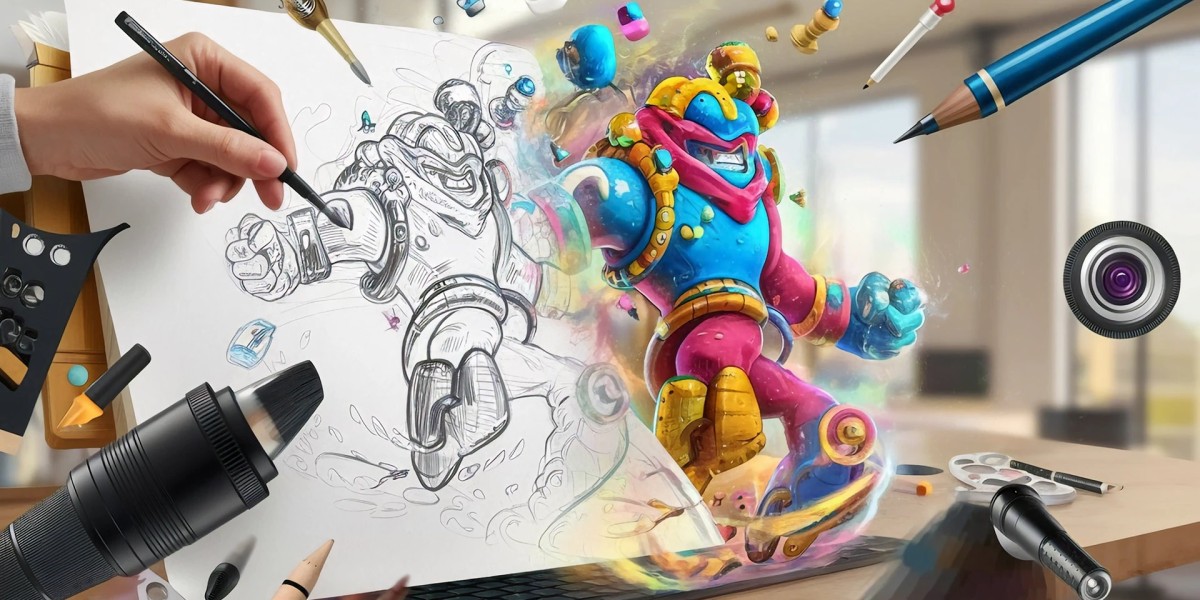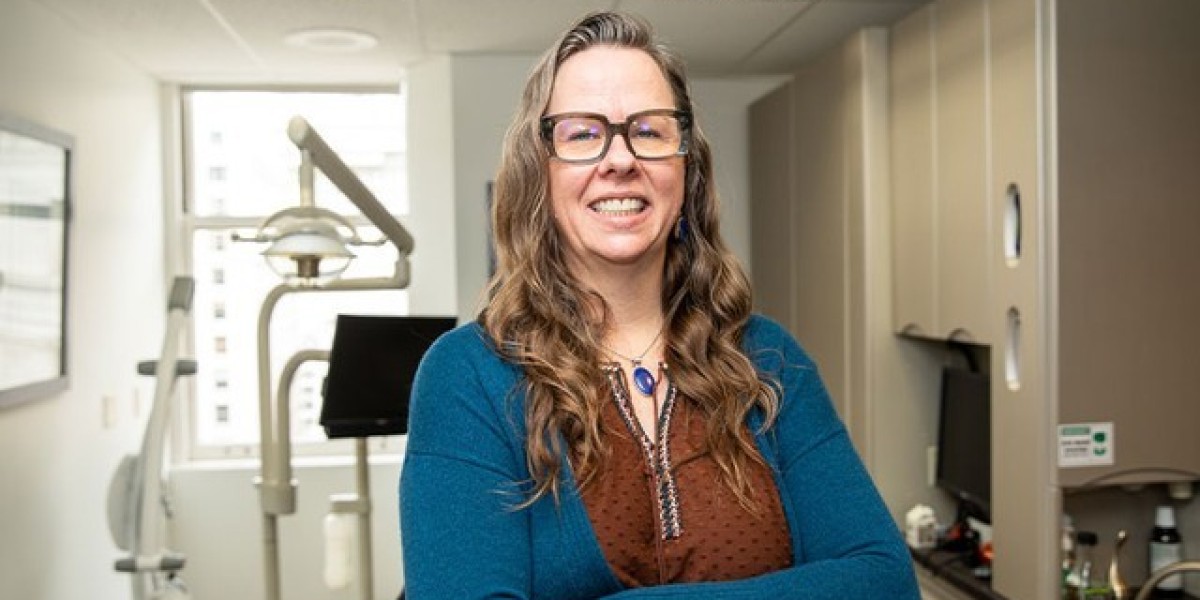Why Character Concept Art Matters
You might think, “Can’t we just start animating and figure it out later?” But trust me, that approach rarely works.
Here’s why character concept art matters:
- Keeps visual style consistent
- Defines personality from the start
- Saves time and budget down the line
- Strengthens world-building
The Process: From Idea to Image
Creating compelling character concept art isn’t a straight path—it’s an exploratory, iterative journey full of discovery and refinement. While every artist has their workflow, here’s a general breakdown of how the process usually unfolds:
- Research & Inspiration
- Sketching & Exploration
- Refinement & Detailing
- Color & Texture
- Presentation & Feedback
- Revisions & Final Approval
Let’s take a closer look at each stage.
Sketching: Where Ideas Form
This is where the rubber meets the road. With solid research and a clear brief in hand, the artist begins sketching out a variety of ideas. These aren’t polished illustrations—they’re visual brainstorming sessions, fast and loose. At this stage, it’s all about quantity over quality. I’ve seen artists produce dozens, even hundreds, of sketches for a single character. The goal is to explore possibilities, push boundaries, and uncover unexpected directions that might bring the character to life.
Refining the Vision
Once strong ideas emerge, it’s time to refine them. This stage focuses on:
- Cleaner, more detailed drawings
- Poses and Expressions Exploration
- Movement and interaction for animation
- 3D translation, if needed
It’s about shaping raw concepts into a usable, cohesive design.
Refining the Vision
Once strong ideas emerge, it’s time to refine them. This stage focuses on:
- Cleaner, more detailed drawings
- Poses and Expressions Exploration
- Movement and interaction for animation
- 3D translation, if needed
It’s about shaping raw concepts into a usable, cohesive design.
Future of Character Concept Art
The future of character concept art is evolving alongside advancements in technology. Some exciting developments include:
- AI-assisted design tools
- Virtual reality sculpting
- Real-time rendering for instant feedback
- Procedural generation for creating background characters
These innovations are reshaping how artists approach and refine character design.
But at the end, all these tools are just that—tools. The central skills of creativity, understanding of form and function, and ability to capture personality in design remain as important as ever.









